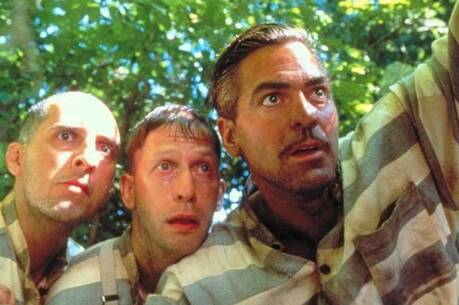The mark of authentic Christianity has always been a paradox: it is thoroughly rooted in the earth (God’s creation) and entirely bent on moving toward heaven (God himself). It is a dynamic balance if there ever was one. The virtue of hope is not different. How could it be? It is as human as can be and as divine as only God can make it. Let us, then, first consider a philosophy of hope (a phenomenology of sorts), and let faith seek the understanding of a mystery (a theology from above).
In the Western artistic tradition the symbol of hope has been the anchor, the saving instrument of ships tossed around by the winds and waves on a stormy sea. When sailors throw the anchor and it grabs the solid sea floor below, it promises safety to the endangered crew.
More than the anchor itself, the simple event of its being thrown and its stabilizing effect on the ship is a fair image of the working of hope. As fragile beings, we are tossed around by the winds and waves of the present. We need and want stability, and we find it by tying ourselves through the bond of hope to some future event. And through hope, we can find stability and meaning in our stormy present. Hope in a bright future carries a student through the drudgery of courses and exams; hope in a blissful life brings a young couple to the altar; and hope in emerging beauty enables the artist to face an empty canvas.
What is hope? It is a vital bond between the future and the present, a state of expectation that brings sense into much—perhaps all—that we are doing.
Embedded as we are in the present, we are creatures of the future. Our whole being tends toward what we hope for—a much-desired favorable event. Take away our hope, and we find ourselves in a void worse than Dante’s inferno.
But human hope is fragile. Through it, our life is nourished from a source that we do not possess, a source that exists only in our expectation. No matter how strong our hope is, a gap remains between what we have and what we hope for. Though we try to bridge the distance between the present and the future by hope, no human power can remove the waiting. This is our human condition. Ultimately, human hope carries an element of uncertainty.
Not so with divine hope: there is no gap, no space between the future and the present, because the kingdom of God is at hand and “God has sent the Spirit of his Son into our hearts, crying ‘Abba! Father!’” (Gal 4:6). Our Christian hope is rooted in the possession of the substance to be revealed, not in the expectation of a substantial gift to come. If we “have been raised with Christ...seated at the right hand of God” (Col 3:1), we have all that we can ever hope for—even if we need immense patience to wait for its revelation.
The proclamation of the Second Vatican Council that we are a pilgrim people is true, but it does not tell the whole truth: we already carry the future in our heart. The object of our hope is not that we shall enter the kingdom, because we are already there, but that God will never let us lose this future and that God, in his own good time and in our allotted time, will reveal it.
The difference between human hope and divine hope is the difference between worldly goods and heavenly gifts. One is the product of our efforts; it makes life bearable on earth. The other is God’s intervention in our life, a touch of the infinite. They should blend in our daily lives: one ties us to the earth, the other ties us to God.







